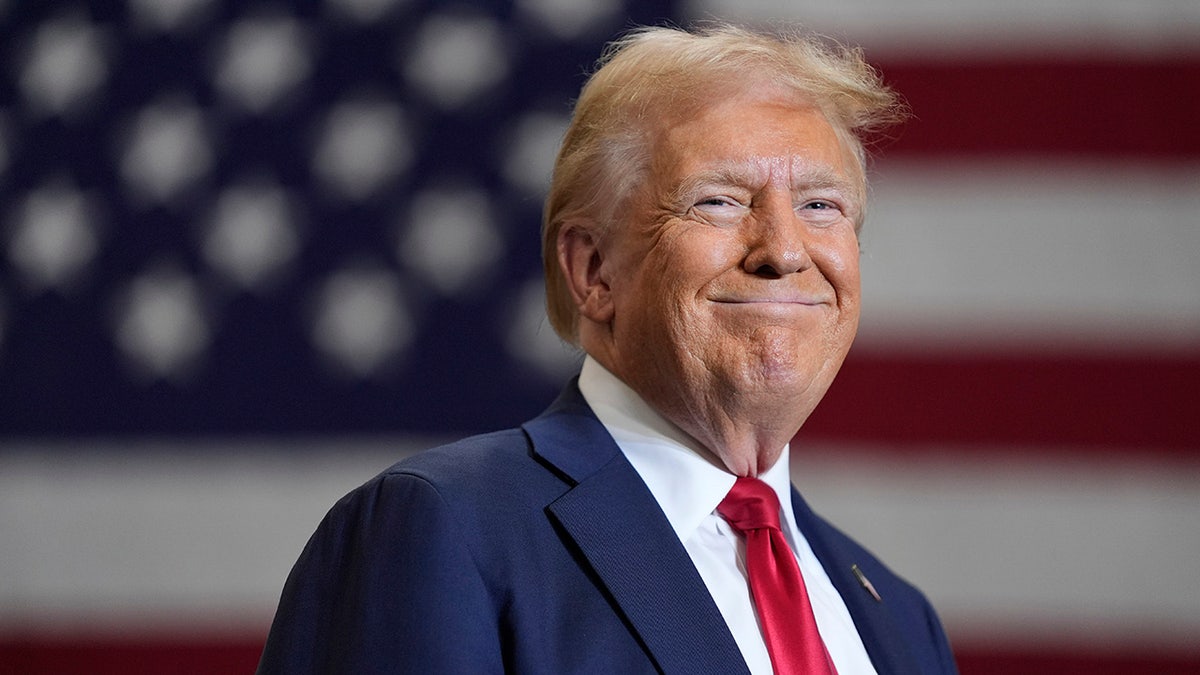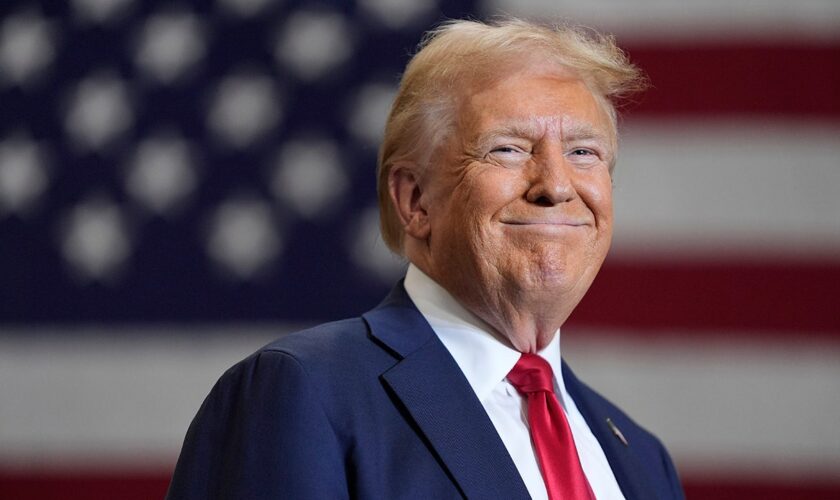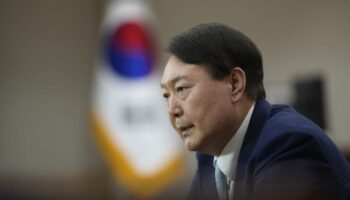[ad_1]

For months, economic commentators parroted the Harris campaign’s misleading talking point that tariffs are a « sales tax. » Like much of economists’ conventional wisdom, this view is fundamentally incorrect. The reflexive opposition to tariffs represents political ideology and advocacy, not considered economic thought.The truth is that tariffs have a long and storied history as both a revenue-raising tool and a way of protecting strategically important industries in the U.S. President-elect Donald Trump has added a third leg to the stool: Tariffs as a negotiating tool with our trading partners. Prior to the 16th Amendment, which authorized the individual income tax, tariffs had been one of the federal government’s chief sources of funding. Our first Treasury Secretary, Alexander Hamilton, also happened to be America’s original proponent of tariffs. But after World War II, a consensus coalesced around multilateral tariff disarmament. The promise of this new free-trade consensus was that any economic dislocations caused by globalization would be offset by increased prosperity for all. In the U.S. especially, this conviction was accompanied by a faith that free trade would lead to political freedom in other countries such as Communist China. Neither of these predictions have proven to be correct. LEAVE THE OIL TO ME: TRUMP VOWS TO UNLEASH US ENERGY, UNDO KEY BIDEN RULES IN 2ND TERMThe U.S. opened its markets to the world, but China’s resulting economic growth has only cemented the hold of a despotic regime. In the interim, we’ve hollowed out our manufacturing base, leaving a trail of devastation through swathes of our country’s heartland. We’ve also created key national security vulnerabilities. The truth is that other countries have taken advantage of the U.S.’s openness for far too long, because we allowed them to. Tariffs are a means to finally stand up for Americans. CLICK HERE FOR MORE FOX NEWS OPINIONTariffs are also a useful tool for achieving the president’s foreign policy objectives. Whether it is getting allies to spend more on their own defense, opening foreign markets to U.S. exports, securing cooperation on ending illegal immigration and interdicting fentanyl trafficking, or deterring military aggression, tariffs can play a central role. Lastly, tariffs can raise significant revenue. Last year, we imported some $3.1 trillion in goods. We are the largest importer in the world and thus the single most important market for other countries’ exports. Our size gives us market power and the ability to dictate terms – other countries need us more than we need them. We have but to use that power. Critics of tariffs argue that they will increase the prices Americans pay for imported goods. This, reduced to absurdity, was the Harris campaign’s « sales tax » argument. But the facts argue against this. President Trump’s first-term tariffs did not raise the prices of the affected goods, despite predictions back then that the tariffs would prove inflationary. Indeed, not only was there no discernible rise in inflation during the last round of tariffs, but the Fed’s preferred measure of inflation actually declined. Used strategically, tariffs can increase revenue to the Treasury, encourage businesses to restore production and reduce our reliance on industrial production from strategic rivals. For too long, the conventional wisdom has rejected the use of tariffs as a tool of both economic and foreign policy. However, like Alexander Hamilton, we should not be afraid to use the power of tariffs to improve the livelihoods of American families and businesses.CLICK HERE TO READ MORE FROM SCOTT BESSENT
[ad_2]
Source link : https://www.foxnews.com/opinion/scott-bessent-talk-tariffs-its-time-revitalize-alexander-hamiltons-favorite-tool
Author :
Publish date : 2024-11-15 10:00:52
Copyright for syndicated content belongs to the linked Source.
SCOTT BESSENT: Let’s talk tariffs. It’s time to revitalize Alexander Hamilton’s favorite tool



